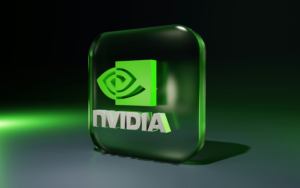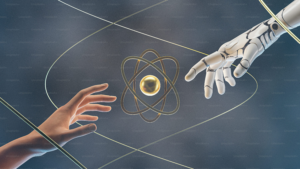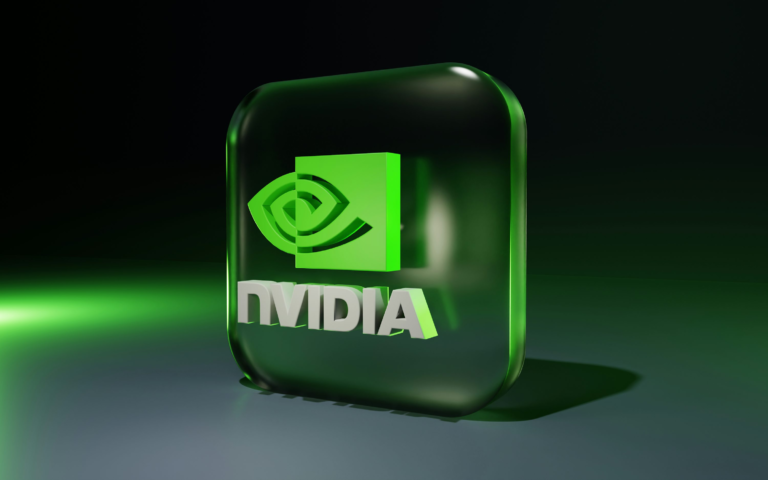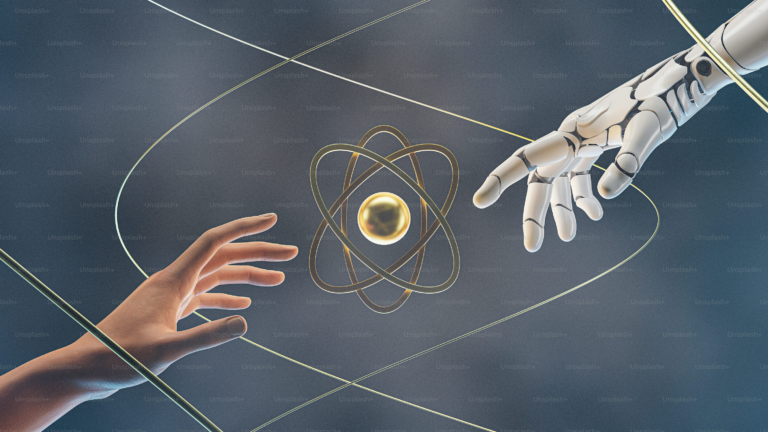McDonald’s has decided to discontinue its use of artificial intelligence (AI) in drive-throughs following numerous instances of orders being misinterpreted. The fast-food chain, which began trialing voice recognition software in 2019, has faced several embarrassing malfunctions that have led to incorrect and often bizarre orders.

Misinterpreted Orders and Malfunctions
The AI system’s errors included one customer receiving a bacon-topped ice cream and another incident where hundreds of dollars worth of chicken nuggets were automatically added to a bill. These blunders have been widely shared on social media, where they quickly became the subject of mockery.
In a TikTok video, a woman attempted to order caramel ice cream but ended up with multiple portions of butter added to her bill. In another clip, two young women laughed and shouted “stop” as their bill was repeatedly inflated with chicken nuggets. “The McDonald’s robot is wild,” one of the women commented online.
Challenges of Implementing AI in Drive-Throughs
The failures of McDonald’s AI system highlight several challenges associated with implementing AI in fast-food drive-throughs:
- Speech Recognition Accuracy: AI must accurately understand and process various accents, dialects, and speech patterns. Misunderstanding common phrases or specific orders can lead to incorrect items being added to the bill.
- Context and Nuance: Human interactions often involve context and nuance that AI may not fully grasp. For example, a request for “extra bacon” might be mistakenly applied to an item where bacon is not typically included.
- System Integration: AI systems need to seamlessly integrate with existing order processing and billing systems. Any glitches in this integration can result in erroneous charges, as seen with the addition of hundreds of dollars worth of chicken nuggets.
- Customer Interaction: AI needs to handle not only the verbal order but also any real-time corrections or changes from customers. The inability to quickly adjust or stop incorrect orders can lead to frustration and errors.
Future of AI in Fast Food
Despite these setbacks, AI still holds potential for the fast-food industry. The key lies in improving the technology to better handle the nuances of human speech and interaction. Enhancements in natural language processing and more robust testing in real-world environments could help address current shortcomings.
McDonald’s decision to halt its AI drive-through trial underscores the current limitations of AI in fast-food environments. While the technology promises efficiency and innovation, real-world application requires a higher degree of accuracy and reliability. As AI continues to evolve, future implementations may overcome these initial hurdles, paving the way for more seamless and error-free customer experiences.
1. Why did McDonald’s decide to scrap the AI drive-through system?
McDonald’s discontinued the AI drive-through system due to numerous instances of misinterpreted orders and system malfunctions, which led to incorrect and sometimes bizarre orders.
2. What were some of the specific issues with the AI system?
Issues included orders being incorrectly recorded, such as bacon being added to ice cream, and hundreds of dollars worth of chicken nuggets being added to a bill automatically.
3. How did customers react to the AI drive-through errors?
Customers often found the errors amusing and shared their experiences on social media, where the AI system’s failures became the subject of mockery and humor.
4. What are the main challenges of implementing AI in fast-food drive-throughs?
Challenges include accurately recognizing and processing various speech patterns, understanding context and nuance, seamless system integration, and handling real-time customer interactions.
5. Is there a future for AI in the fast-food industry despite these setbacks?
Yes, AI still holds








